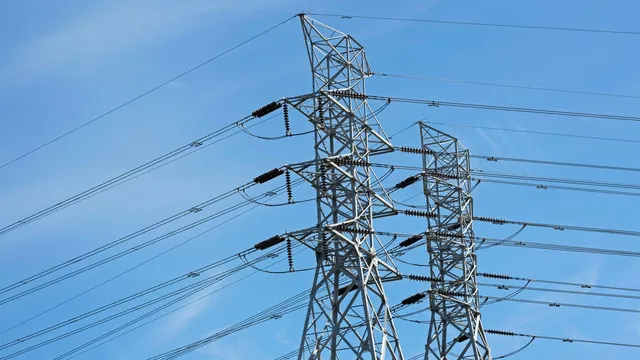
Minnesota faces steep electricity cost hikes from recent legislation
2025-07-03 19:37- Minnesota's recent legislative proposal cuts tax credits for wind and solar energy, impacting energy costs.
- Estimates suggest 28% increase in home electricity costs and 46% for industrial users, leading to $2.7 billion burden on ratepayers.
- Advocates argue this bill exacerbates financial pressures on families already struggling with high energy expenses.
Express your sentiment!
Insights
In Minnesota, a recent legislative proposal has significant implications for electricity costs statewide. This proposal, identified as the "one big, beautiful bill," is primarily focused on tax and spending reforms that end tax credits for clean energy production, specifically targeting wind and solar initiatives. The removal of these credits is part of a broader initiative that affects numerous clean energy incentives established by the 2022 Inflation Reduction Act. The changes are expected to have dire financial consequences, particularly for families already struggling with high energy costs, as many households presently hold substantial unpaid utility bills. Analysis by the think tank Energy Innovation estimates that these modifications could lead to an increase of 28% in residential electricity costs and as much as 46% for industrial electricity costs. The financial implications total an expected burden of approximately $2.7 billion on Minnesota ratepayers by 2034. This is particularly alarming considering that as of March 2025, households across Minnesota owed around $150 million in accumulated past utility bills, illustrating that the community is already under financial strain. Leading this concern, Annie Levenson-Falk, executive director of the Citizens Utility Board, has raised alarms about the timing of this legislative effort, which threatens further strain on budgets already affected by inflation. As energy costs continue to rise, residents and businesses face challenges that could become exacerbated by impending rate hikes from utility companies like Xcel Energy. Currently, Xcel Energy is petitioning a 13% rate increase for the next year, compounding the issue of rising costs. Advocates for affordable energy are calling for urgent measures to offset these financial pressures instead of supporting legislation that's perceived as harmful. Supporters of the proposed legislation argue it presents a unique opportunity for the United States to become more energy independent by boosting fossil fuel production through increased offshore oil and gas leases. U.S. Representative Tom Emmer championed the proposal, emphasizing its potential benefits for economic growth and consumer savings. However, critics, including Logan O'Grady from the Minnesota Solar Energy Industries Association, contend that the rollback on clean energy tax credits poses a significant setback to the burgeoning clean energy market in Minnesota. They highlight a pressing need for energy innovations, especially as energy demands continue to climb in the region amid this drastic shift in policy. With credits originally set to last until 2032 now being revoked, stakeholders in the renewable energy sector are voicing their distress over the sudden change. The elimination of these incentives, particularly when aligned with increasing utility costs, threatens to stall progress in transitioning to cleaner energy options. The consequences of these legislative changes could not only threaten the financial stability of households but also hinder the state's efforts toward sustainable energy development, possibly reversing gains made in energy efficiency and renewable resources. Local leaders are thus increasingly vocal about the urgent need for strategies to counterbalance the anticipated spikes in electricity costs resulting from the recent legislative shifts.